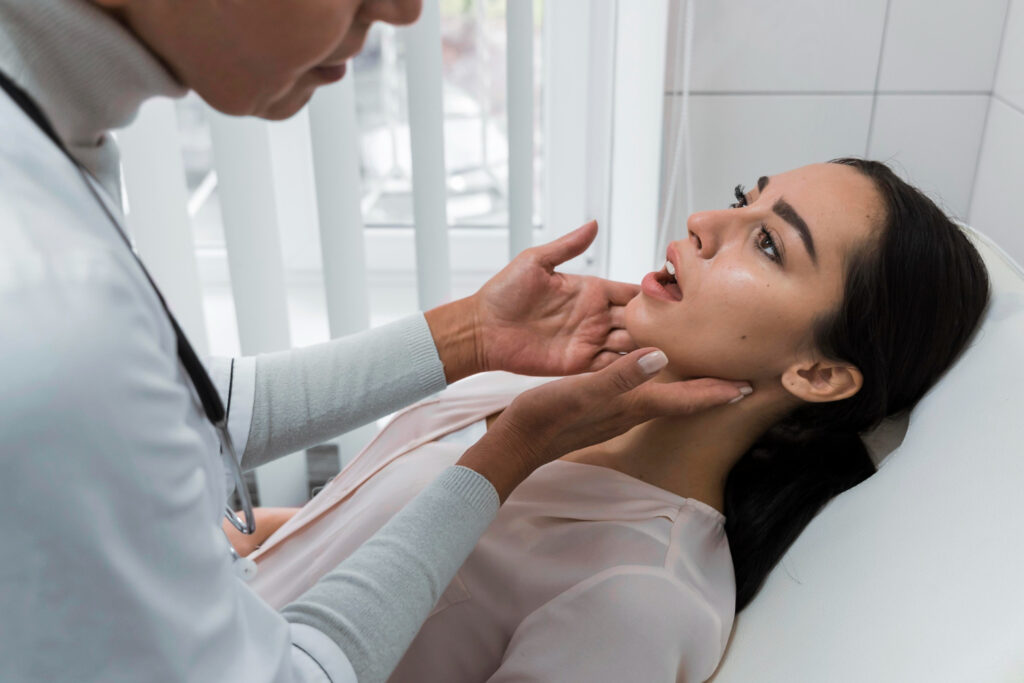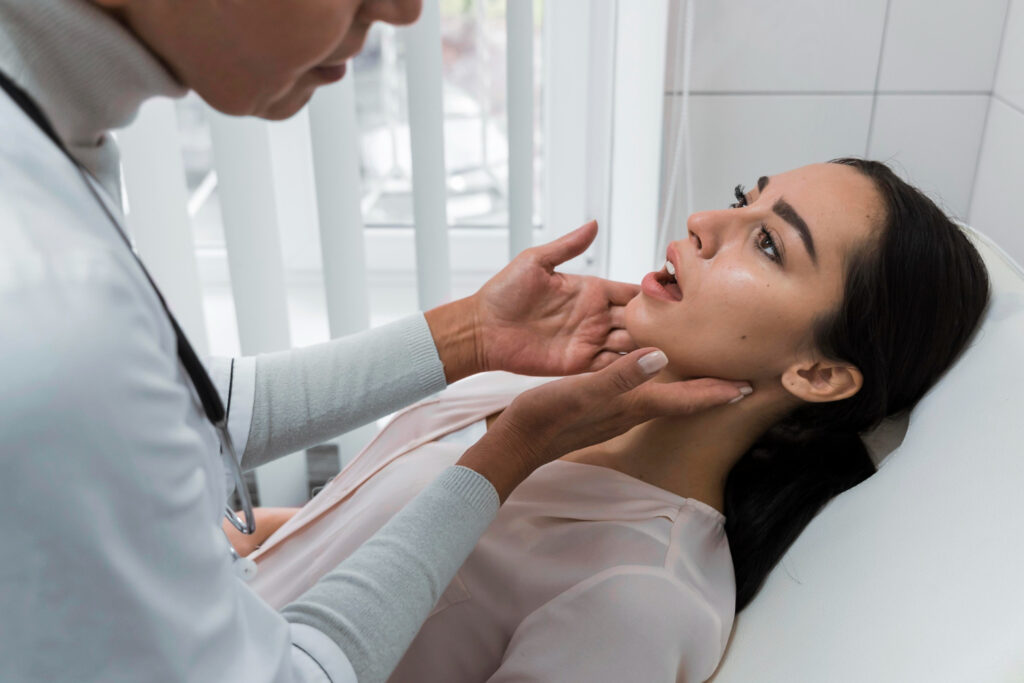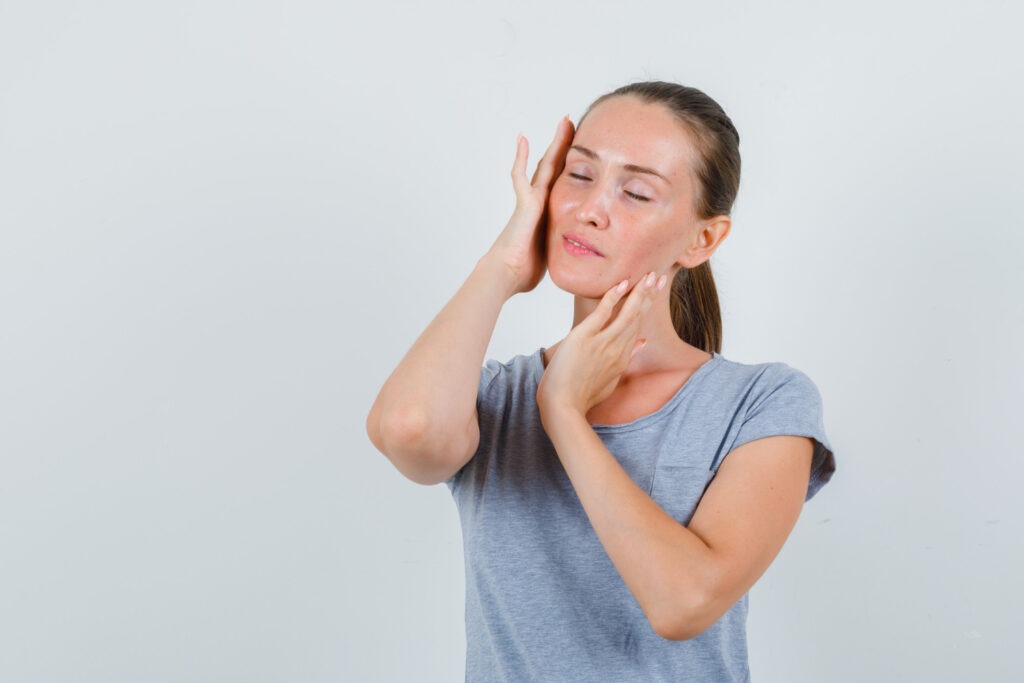How to Stop Snoring: Step-by-Step Solutions
Let’s break down what you can do — starting with simple lifestyle changes and moving to medical solutions if needed. 1. Change Your Sleep Position Sleeping on your back causes the tongue and soft palate to collapse to the back of your throat, narrowing the airway. Try sleeping on your side. You can even sew a tennis ball into the back of your pajama top (yes, it works!) to train your body to stay off your back. 2. Lose Weight (If Needed) Extra weight around the neck can compress the airway and make snoring worse. Even a small reduction in weight can make a big difference in how you breathe at night. 3. Avoid Alcohol Before Bed Alcohol relaxes your throat muscles, increasing the chance of snoring. Try to avoid drinking at least 3 hours before you sleep. 4. Establish a Consistent Sleep Routine Poor sleep habits or sleep deprivation can make snoring worse. Aim for 7-9 hours of quality sleep and stick to a regular bedtime schedule. 5. Clear Your Nose Before Sleeping If you have a blocked nose or sinus issues, try a warm shower, saline nasal spray, or steam inhalation before bed. Keeping nasal passages open can reduce snoring dramatically. 6. Stay Hydrated Dehydration can cause mucus in your nose and throat to become sticky, increasing the chance of snoring. Aim to drink enough water throughout the day. When to See a Specialist If your snoring is loud, frequent, or comes with other symptoms like choking, gasping, or excessive daytime sleepiness — it could be a sign of sleep apnea. This is a serious condition that needs medical attention. In that case, you should consult a sleep specialist like Dr. Srishti Tody at TMJ Sleep Clinic in Mumbai. She focuses on treating snoring and sleep apnea through non-invasive, customized solutions — including oral appliances that reposition your jaw and keep your airway open naturally. Dr. Tody also offers online consultations, making it easier for people across India to access expert care from home. Long-Term Solutions For persistent snoring, consider: Treating the root cause — whether it’s the jaw, airway, or sleep position — is key to lasting relief. Final Thoughts Snoring might seem harmless, but it’s often your body’s way of saying something’s off. Start with small changes. If things don’t improve — or if there are signs of sleep apnea — don’t wait. Talk to a professional. Better sleep isn’t just about quiet nights. It’s about energy, mood, focus, and long-term health.










